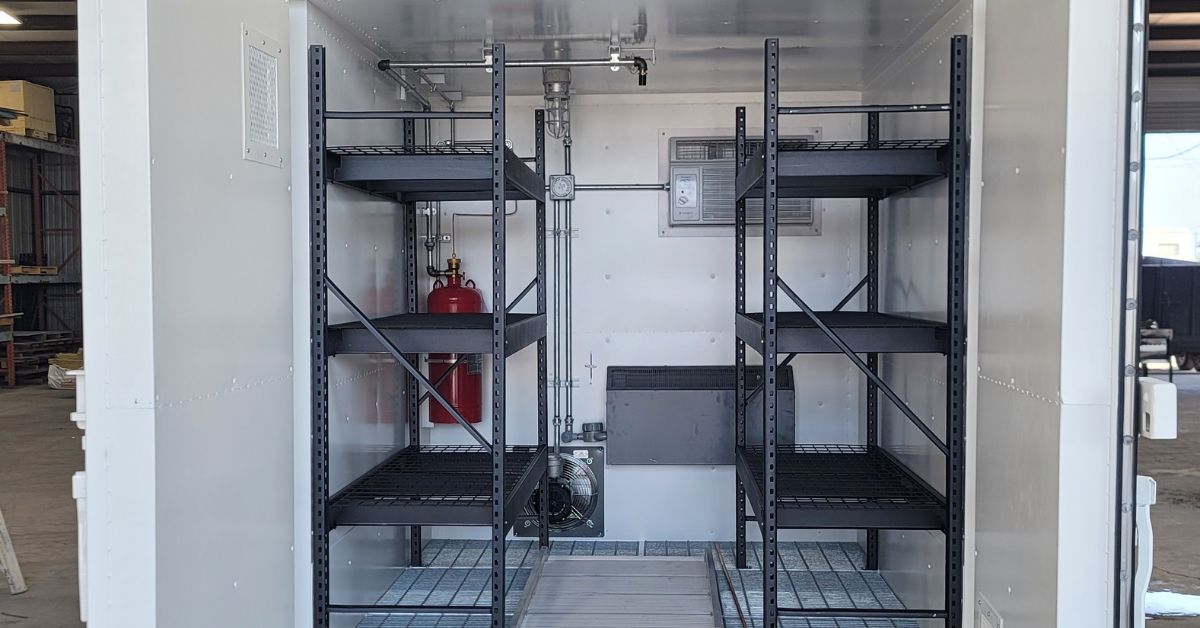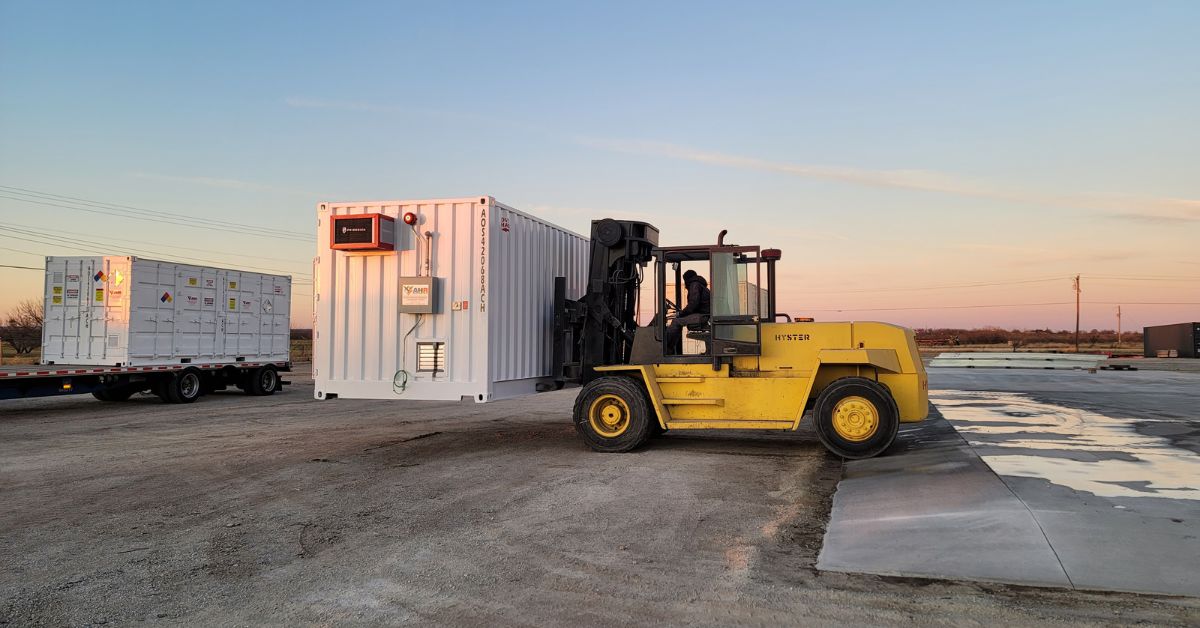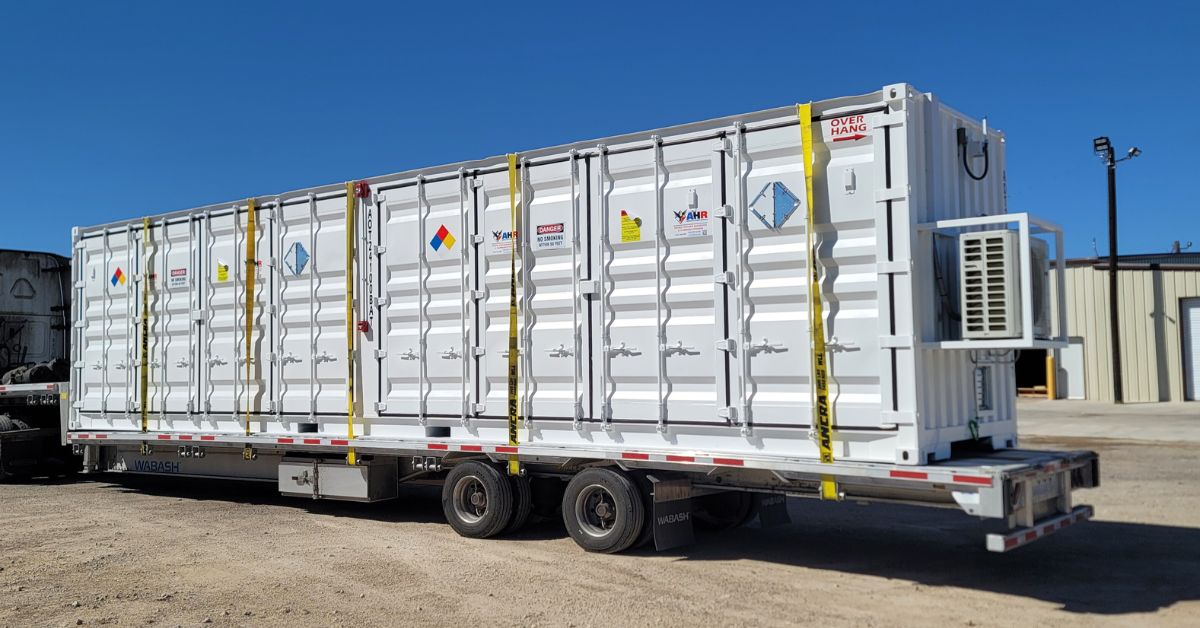
Managing hazardous waste presents unique challenges, especially in remote or rural areas. Limited access to disposal facilities, logistical hurdles, and the potential for environmental contamination make proper handling and storage critical. For businesses operating away from urban centers, understanding and implementing a compliant hazardous waste management plan is a matter of regulatory adherence and a fundamental responsibility to protect both the environment and human health.
Failing to manage these materials correctly can lead to severe consequences, including hefty fines, legal liabilities, and irreversible damage to local ecosystems. The isolation of rural locations means that emergency responses can be delayed, amplifying the impact of any spill or incident. Therefore, a proactive and informed approach is important. Here we outline the necessary steps and considerations for effectively managing hazardous waste in remote settings, making sure your operations remain safe, compliant, and environmentally responsible.
Identify and Classify All Hazardous Waste Materials
The first step in any hazardous waste management plan is to accurately identify and classify every waste material your operation generates. Federal and state regulations, primarily under the Resource Conservation and Recovery Act (RCRA), provide specific criteria for what constitutes hazardous waste. It generally categorizes wastes as either listed wastes (from common industrial processes) or characteristic wastes (exhibiting traits like ignitability, corrosivity, reactivity, or toxicity).
In a remote location, you must conduct a thorough inventory of all waste streams. This includes everything from used solvents and cleaning agents to contaminated soil and industrial byproducts. You need meticulous documentation because proper classification determines the specific handling, storage, and disposal requirements for each type of waste.
Understand Applicable Federal and State Regulations
Navigating the complex web of environmental regulations is a significant challenge. Federal laws establish baseline standards, but state and local agencies often impose stricter requirements. For operations in rural areas, you must research the specific rules that apply to your location. This includes regulations from the Environmental Protection Agency (EPA) as well as your state’s environmental department. Key areas of focus should be generator status, accumulation time limits, and manifesting procedures. Ignorance of the law is not a defense, and non-compliance can result in severe penalties.

Develop a Comprehensive Waste Management Plan
A formal waste management plan is the cornerstone of your compliance strategy. This document should outline every procedure related to hazardous waste, from generation to final disposal. It must be tailored to the specific conditions of your remote site, accounting for logistical challenges and available resources. Your plan should detail procedures for waste identification, segregation, storage, labeling, transportation, and emergency response. Involving all relevant personnel in its development ensures the plan is practical and can be effectively implemented.
Train Your Employees on Proper Handling and Safety
Your employees are on the front lines of hazardous waste management. You need comprehensive training to prevent accidents and ensure compliance. All personnel who handle hazardous materials must receive initial and ongoing education on proper handling techniques, the use of personal protective equipment (PPE), and emergency procedures. Training should cover the specific hazards associated with the wastes at your site, labeling requirements, and the correct protocols for responding to spills or exposure incidents. Keep detailed records of all training sessions to demonstrate your commitment to safety and compliance.
Segregate Incompatible Waste Streams Correctly
One of the most important safety practices is the proper segregation of incompatible waste materials. Mixing certain chemicals can cause violent reactions, fires, explosions, or the release of toxic gases. For example, you should never store acids and bases together, nor should you mix oxidizers with flammable liquids. In a remote setting where emergency services may be distant, preventing such incidents is paramount. Use clear labeling and physical barriers to keep incompatible waste streams separate in your storage areas. Consult the safety data sheet (SDS) for each chemical to understand its compatibility and storage requirements.
Implement Safe On-Site Storage Solutions
Safe on-site storage is a major consideration for remote locations, where transportation for disposal may be infrequent. You must store hazardous waste in a designated area that is secure and protected from the elements. The storage area should have an impermeable surface and secondary containment to capture any leaks or spills.
Key elements for a safe storage area include:
- Security: The area should be locked and accessible only to authorized, trained personnel.
- Ventilation: Adequate ventilation is necessary to prevent the buildup of flammable or toxic vapors.
- Weather protection: You must shield containers from direct sunlight, rain, and extreme temperatures to prevent degradation or dangerous reactions.
- Secondary containment: The storage area must be able to contain the volume of the largest container or 10 percent of the total volume of all containers, whichever is greater.
Using specialized hazardous storage containers designed for chemical safety can help meet these requirements and provide an extra layer of protection.

Plan for Limited Transportation and Disposal Options
One of the defining challenges of operating in a rural area is the logistics of waste transportation and disposal. Disposal facilities may be hundreds of miles away, making frequent shipments impractical and expensive. You must plan your waste accumulation and shipment schedules carefully to comply with regulatory time limits. It is important to partner with a licensed and reputable hazardous waste transporter who has experience servicing remote locations. Vet your transporters thoroughly, verify their permits, and make sure they have a strong safety record.
Establish Robust Emergency Response Procedures
An effective emergency response plan is non-negotiable, especially in a remote location where help is not close by. Your plan must outline clear, step-by-step procedures for responding to spills, fires, or employee exposures. It should identify the location of all emergency equipment, such as spill kits, fire extinguishers, and first aid supplies. Conduct regular drills to ensure all employees know their roles and can act quickly and effectively in a crisis. Your plan should also include contact information for local emergency services, even if they are distant, as well as state and national response centers.
Maintain Meticulous and Accurate Records
Comprehensive record-keeping is a legal requirement and a critical component of a compliant hazardous waste management program. You must maintain detailed records of waste characterizations, training sessions, inspection logs, and manifests for every shipment. These documents provide a complete history of your waste management activities and are essential during regulatory inspections. In a remote operation, organized and accessible records demonstrate your diligence and control over your hazardous waste program, providing a powerful defense against potential compliance issues.
Your Path to Compliant Waste Management
Effectively managing hazardous waste in a remote or rural location requires a proactive, systematic, and well-documented approach. By focusing on proper identification, compliant storage, thorough training, and careful logistical planning, you can protect your employees, the environment, and your business from significant risks.
If you need assistance developing or refining your hazardous waste management plan, our team of experts is here to help. We can provide guidance on regulatory requirements, storage solutions, and transportation logistics to ensure your remote operations remain safe and compliant. Contact us today to learn how we can support your commitment to environmental stewardship.